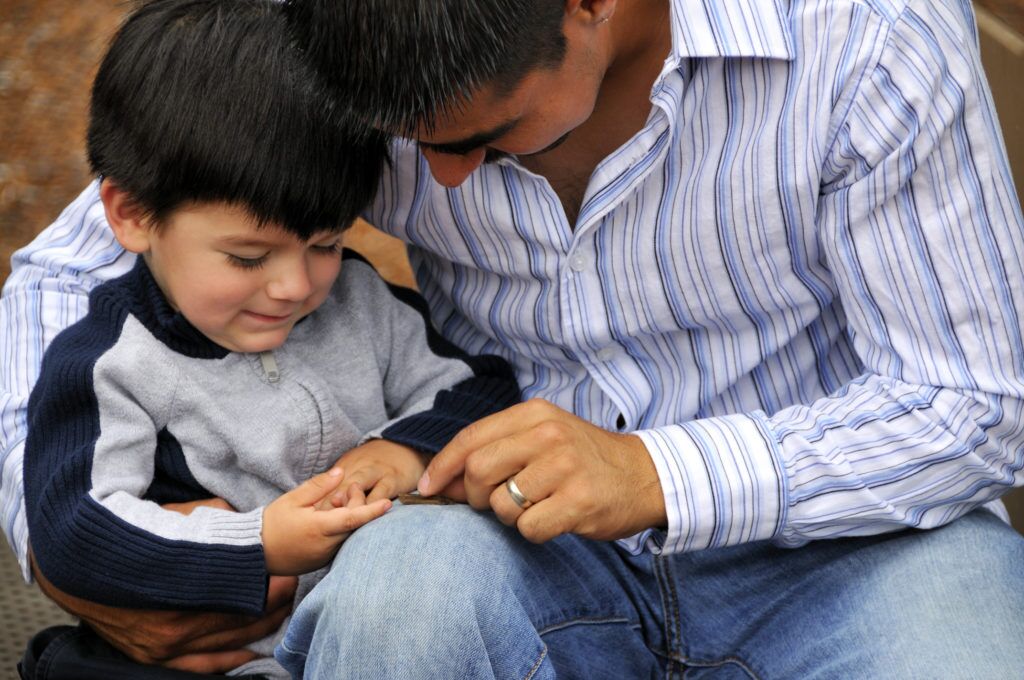
As the old adage goes, “It takes a village to raise a child,” and in the realm of K-12 education, that adage couldn’t be more accurate. Let’s paint a vivid picture — a student who feels the unwavering support of both their school and family, like two sturdy pillars standing below their feet, providing encouragement, guidance, and collaboration. This student isn’t just acing their academics; they’re blossoming with personal growth and radiating self-assurance.
Studies by the US Department of Education reinforce the strong link between family-school partnerships and improved student learning. Metrics such as test scores, graduation rates, and overall academic progress? They all nod in agreement. This is why effective family engagement strategies for schools are critical to implement.

School administrators, teachers, and staff play a key role, too. They are the architects of a friendly, engaging school environment where family-school partnerships can bloom, steadily closing the achievement gap while improving well-being, family relationships, and social-emotional skills.
The success of family-school partnerships hinges on the collective efforts of school administrators, staff, and the broader school community. These key players work in unison to foster a nurturing and inclusive school climate. Here’s a glimpse into how each member of the school community plays a unique part in enhancing engagement:
Engaging families can be a multifaceted endeavor, considering the ever-busy schedules and varied backgrounds that families bring to the table. With the right strategies, the gap between home and school can be bridged effectively.
Building strong relationships is a two-way street. Parents play a crucial role, but schools also have a part to play. It’s all about meaningful and respectful engagement. Prioritizing empathy and providing informative resources helps schools build strong relationships with parents.

Communication Tools
School Accessibility
Another important factor in equitable family engagement is recognizing the diverse cultural background of families. Cultural diversity can impact the way families engage with schools. That’s where cultural responsiveness comes into play.
Every family brings their own unique cultural backgrounds, values, and ways of communicating to the educational journey. These differences can have a big impact on how families and schools interact, how they see the education system, and how involved they are in their child’s learning. But here’s the thing: research tells us that acknowledging and respecting these cultural nuances is vital for meaningful family engagement.
Prominent scholar Dr. Karen Mapp, known for her work at the Harvard Graduate School of Education, stresses the pivotal role of cultural responsiveness in family engagement. Her research emphasizes building collaborative relationships between schools and culturally diverse families.
Mapp underscores the significance of incorporating family knowledge, traditions, and cultures within the school environment. Her work advocates for genuine parental involvement in decision-making, ranging from program development to outcome assessment, ultimately stressing the need to include families in school decisions.

To put Mapp’s insights into practical use, schools can consider initiatives such as a culturally inclusive curriculum that integrates diverse cultural perspectives, thereby honoring family knowledge and traditions. Additionally, creating opportunities for parents to share their cultural expertise during school events, like international festivals or heritage days, can foster authentic parental involvement in shaping school programs and activities. This approach ensures that cultural diversity is not only acknowledged but actively embraced within the school environment.
Remember, culturally responsive family engagement is not about knowing everything about a community’s culture but rather being aware of the need for cultural sensitivity, curiosity, and openness. Specific training for school staff can help build cultural proficiency and create a school culture where diversity is valued.

Now, you might be wondering, “Where do I start?” We understand that implementing these strategies can be challenging. That’s why we’re here to assist you. ParentPowered offers evidence-based family engagement programs designed to facilitate the journey toward student achievement.
To take the first step, join a ParentPowered info session to learn more about how our low-lift, high-impact, and evidence-based programs can support your mission to empower student success through family engagement.

Megan Okrand is a former High School History teacher turned writer taking her passion for education outside of the classroom and onto the World Wide Web. Connect with her on LinkedIn.

Every week you'll receive new resources for families, insights from research, and direct feedback from families about what they want from you, their educational partners.